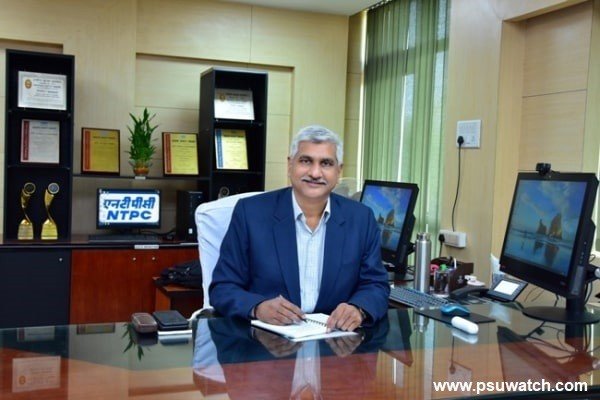It aims to provide SHGs in rural areas with market access to Central and State Government buyers.
Amid the 3.0 nationwide lockdown, the Union Minister for Rural Development and Panchayati Raj and Agriculture and Farmers’ Welfare, Narendra Singh Tomar, launched “The Saras Collection” on the Government e-Marketplace (GeM) portal at Krishi Bhavan in New Delhi. A unique initiative of GeM and the Deen Dayal Antyodaya Yojana-National Rural Livelihoods Mission (DAY-NRLM), Ministry of Rural Development, the Saras Collection showcases daily utility products made by rural self-help groups (SHGs) and aims to provide SHGs in rural areas with market access to Central and State Government buyers.
As per reports, 913 SHGs from 11 States have already registered as sellers and 442 products have been on-boarded in the first phase.
Under this initiative, the SHG sellers will be able to list their products in 5 product categories, namely handicrafts, handloom and textiles, office accessories, grocery and pantry, and personal care & hygiene. In the first phase, 913 SHGs from 11 States have already registered as sellers and 442 products have been on-boarded. In order to develop a scalable model capable of on boarding a large number of SHGs across the country in a short time frame, GeM has developed an API based integration mechanism with the NRLM database.
About GeM platform
GeM will provide dashboards for functionaries at the national, state, district and block level to provide them real time information about the number of products uploaded by SHGs, and value and volume of orders received and fulfilled. In addition, Government buyers shall be sensitized through system generated messages/ alerts in the Marketplace about availability of SHG products on the portal. Potential buyers shall be able to search, view, cart and procure such products through the stipulated modes of procurement.
The on-boarding of the SHGs under the initiative has been initially piloted in the States of Bihar, Chhattisgarh, Jharkhand, Karnataka, Kerala, Himachal Pradesh, Maharashtra, Odisha, Rajasthan, Uttar Pradesh and West Bengal. The coverage shall be rapidly extended to enable a large number of SHGs from all the states/ Union Territories to sell their products to Government buyers.
In order to handhold and facilitate the SHGs in uploading their products, GeM, along with the State and National Rural Livelihoods Missions, are assisting the sellers with product catalogue management, order fulfilment and bid participation. GeM shall also collaborate with State functionaries to address the capacity building and training needs of SHGs, and build up their competencies required for order packaging, catalogue management and logistics.
With inputs and assistance from NRLM and SRLMs, GeM will develop online learning resources in vernacular content for SHGs and SRLM staff to meet user specific needs. Further, GeM will conduct online webinars for SHGs and functionaries at State Livelihoods Missions and develop videos, eBooks, Manual and repository of FAQs fora seamless learning experience.
By providing SHGs with direct access to Government buyers, the Saras Collection will do away with intermediaries in the supply chain, thus ensuring better prices for SHGs andspurring employment opportunities at the local level.This is just the beginning and GeM is delighted at this opportunity to partner the SHGs in their growth story.
The SHGs deserve to be specially commended for the manner in which they, like the entire country, are fighting the COVID-19 pandemic valiantly at this time of national health emergency of unprecedented and historic scale.
It aims to provide SHGs in rural














